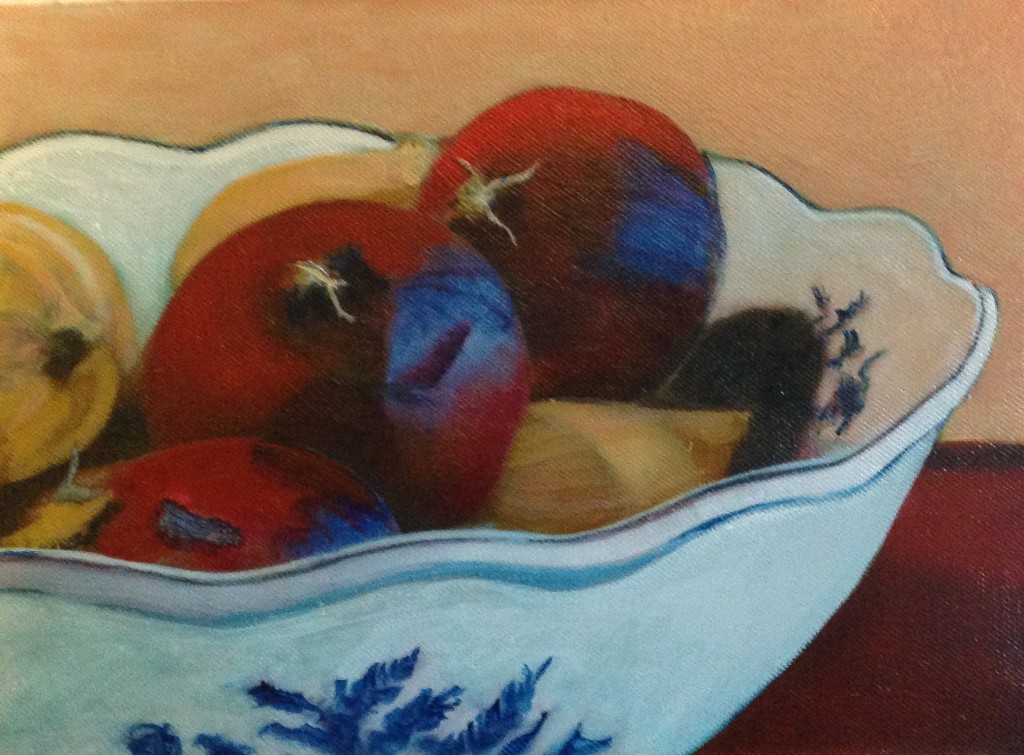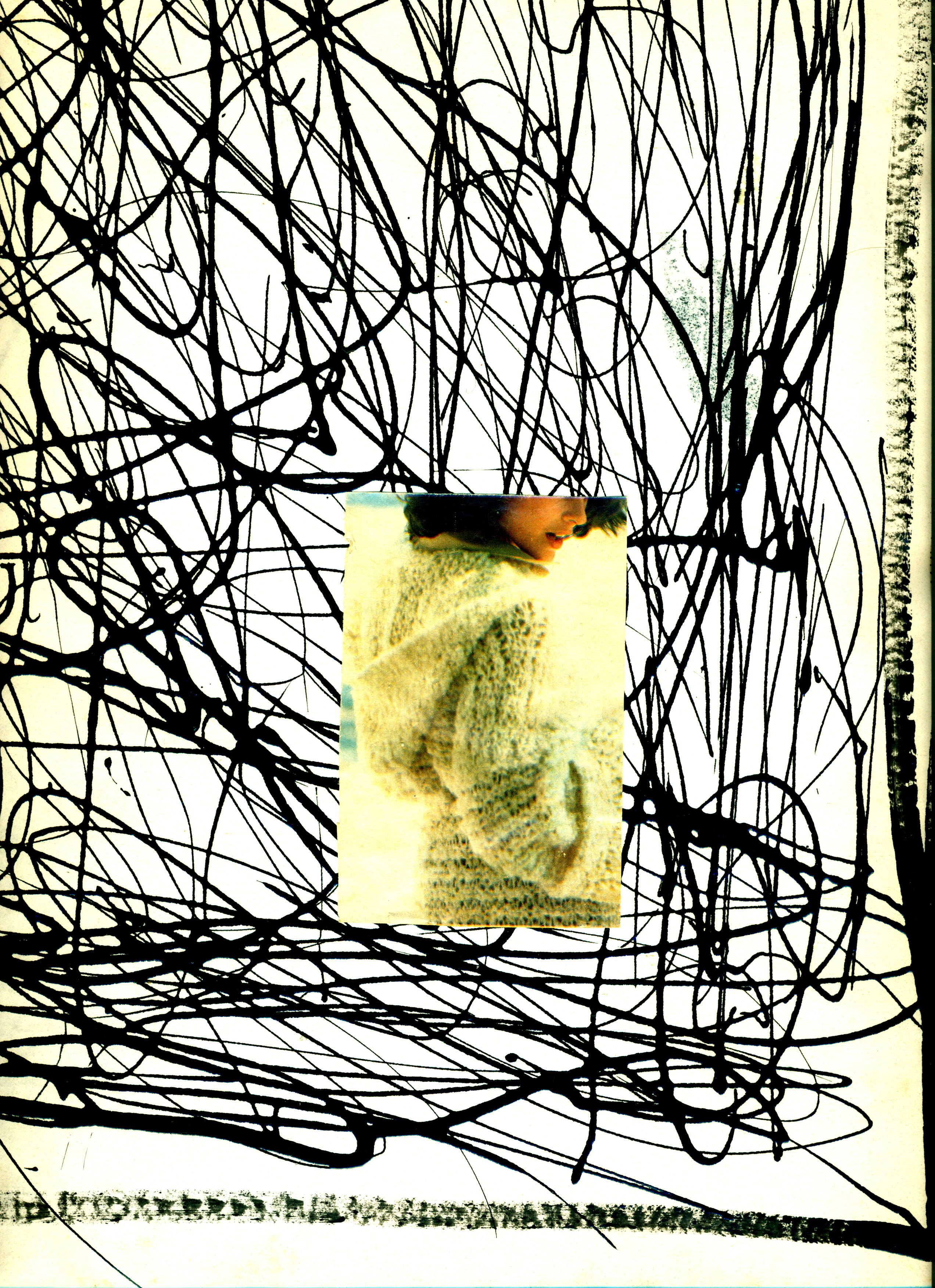The Genetics of Painting?
There are various ways of making Paintings to recipes, each becoming a question of process and discovery, controlling chance, arranging colour with simple brush strokes, dragging or pouring paint across the surface to reveal a vast range range of effects. The act of painting can be reduced to its most simple and material elements, new materials can be discovered and played with……Is this really painting?….. what is the process/purpose of the creation? Behind the rhetoric and bullshit there must be a reason….otherwise YCRE8.
Peter Bright – Artist Statement (these snippets could be mine)
Words taken out of context lose their meaning. Publishing documents that contain controversial language puts the author at risk. Any constructed environment can promote alienation, but it can also enhance communication to form a quasi-organic platform for human interaction. The fact that most of us have an on-line persona suggests that computer communication enables us to visit places and have discussions with people we would normally avoid. We are engaging in the pseudo-anonymous system/society. Underground activities have migrated out of analog media (the printed word, film etc.) into ‘this world’. This world has evolved into a global system with multiple layers in which new authorities compete to control its uses; platform wars, chip races, and operating system alliances. The pseudo-identity of the user is being exposed; law is punishing non-conformity, censorship and the rules of globalization have invaded the system. The Klondike Spirit has taken over the open system and turned it into the homogenized high street we all know.
(A non-homogeneous system, whose terms and relationships are not constant, allows language to break up, to stumble over the rules of its grammar, by necessity it has to respond radically to other linguistic components, creating a new linguistic order and syntax. )
Memories: Renoir, dead birds and rubber gloves, stolen kisses, life, stillness, pouches of Chinese fresh drinking water, broken dreams, lost lovers, onions, sections of discarded fishing nets strewn across the tourist beach, lovers in the darkness groping for the dark, hands first finding spaces, then they find there mark, my father, my ghost, my hopes and dreams, stinking of rotting carcasses [Read More]
 Paradigm: Clients are always shocked when I suddenly present to them a ‘painting from life’ – I appear to produce slap-dash imagery as my main artistic process, this isn’t because I haven’t mastered the basic fundamental skills of ‘traditional’ painting and drawing because I have and I am more than able to produce paintings in a typical style or pattern of work; a pattern or mode of working, arranged in order to form semantic constructions and express relations(hips) to the real world.
Paradigm: Clients are always shocked when I suddenly present to them a ‘painting from life’ – I appear to produce slap-dash imagery as my main artistic process, this isn’t because I haven’t mastered the basic fundamental skills of ‘traditional’ painting and drawing because I have and I am more than able to produce paintings in a typical style or pattern of work; a pattern or mode of working, arranged in order to form semantic constructions and express relations(hips) to the real world.


